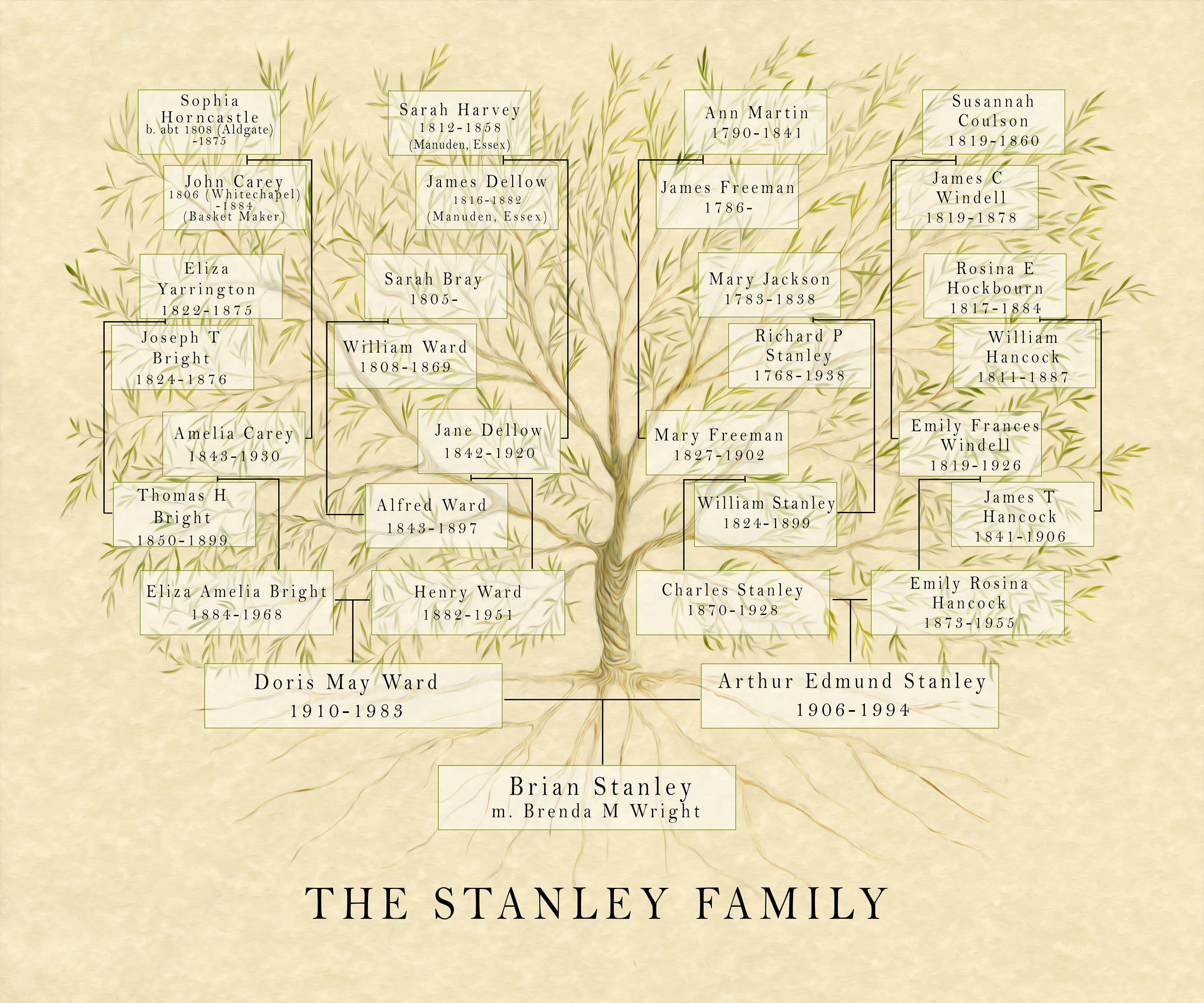Portuguese is the official language of all countries of the cplp (comunidade dos países de língua portuguesa, community of portuguese language countries). Modern portuguese began to develop in the 16th century. By the mid-16th century, portuguese was used in asia and africa in colonial administration, and as a lingua franca between the portuguese, other europeans and local people. The simplest portuguese words and phrases are easy for non-speakers to learn, so what are you waiting for? Portuguese language, romance language that is spoken in portugal, brazil, and other portuguese colonial and formerly colonial territories. Portuguese is part of the ibero-romance group that evolved from several dialects of vulgar latin in the medieval kingdom of galicia and the county of portugal, and has kept some celtic phonology. The portuguese-speaking countries have more than 240 million people across the world. Galician, spoken in northwestern spain, is closely related to portuguese. · if you wish to say common words and phrases in portuguese, you should start by learning some basic greetings and conversation basics, then work on expanding your vocabulary from there. Portuguese-based creoles also began to emerge during this time. [9][10] portuguese language structure reflects its latin roots and centuries of outside influences.
Portuguese Noses: A History, Culture & Ancestry Connection
Portuguese is the official language of all countries of the cplp (comunidade dos países de língua portuguesa, community of portuguese language countries). Modern portuguese began...








